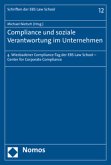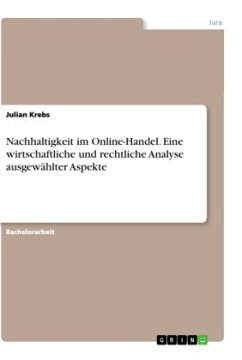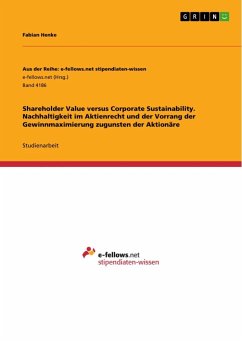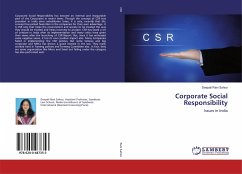Corporate Social Responsibility (CSR) based on give and take ideology, has been gaining space in business models of organizations by including social aspects in its objectives towards society as a whole, in which business is operated. Although in India, the CSR is not a new phenomenon and company initiated many actions related to CSR on voluntarily basis, in 2013, the India become world's first country to impose mandatory requirement of CSR practices through section 135 of companies Act, 2013. The main aim of writing this book is to understand the legal framework of CSR in Indian scenario and examine the CSR practices followed by Indian banks during select period in comparative manner between private and public sector banks. Empirical analysis is done by taking four banks (SBI, PNB, HDFC and ICICI) as sample size on the basis of well-defined selection criteria. The coverage of this book starts from Introduction of CSR, review of literature, research methodology, legal framework of CSR in Indian scenario and CSR practices followed by select banks in comparative manner between private, and public sector banks and ends with conclusion, findings and suggestions.
Bitte wählen Sie Ihr Anliegen aus.
Rechnungen
Retourenschein anfordern
Bestellstatus
Storno








